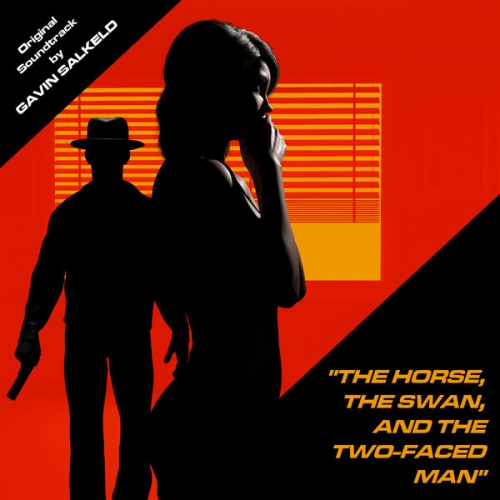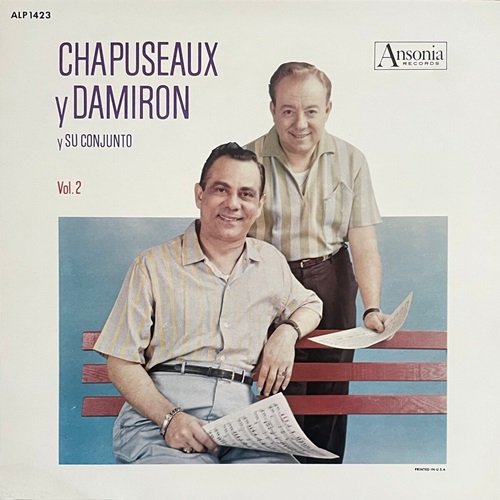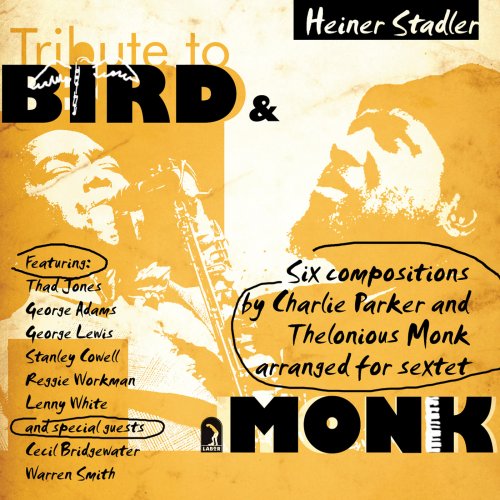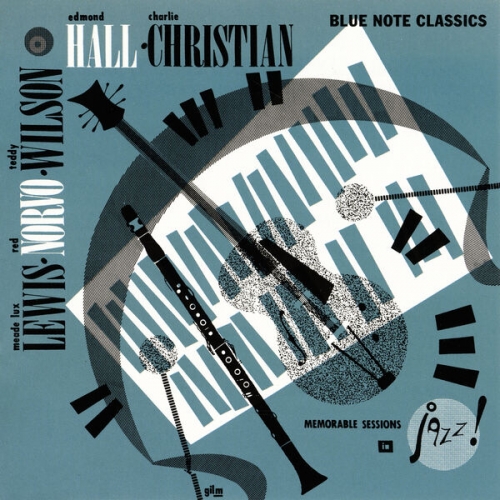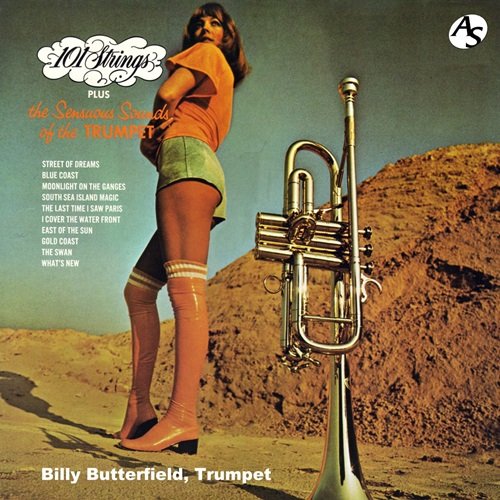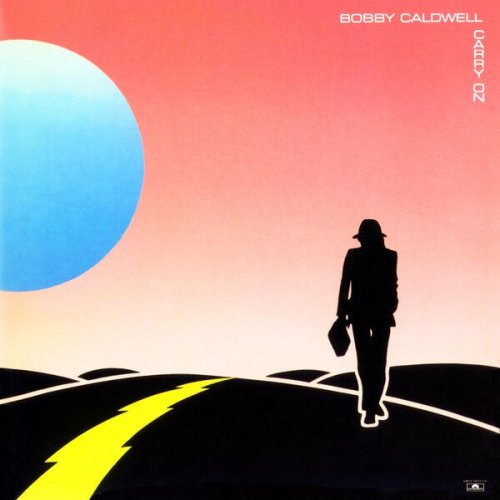Klaus Spencker Trio - December (2010)
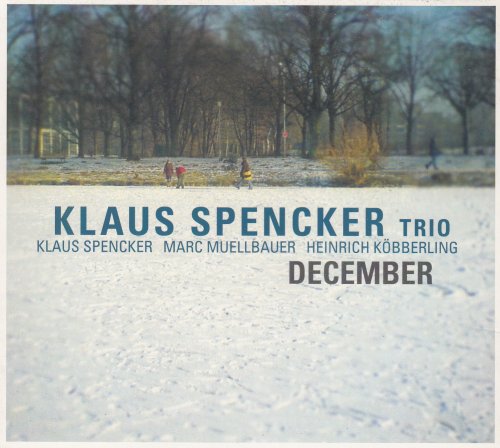
Artist: Klaus Spencker Trio
Title: December
Year Of Release: 2010
Label: A-Jazz
Genre: Jazz
Quality: flac lossless (tracks, log, scans)
Total Time: 01:04:59
Total Size: 358 mb
WebSite: Album Preview
TracklistTitle: December
Year Of Release: 2010
Label: A-Jazz
Genre: Jazz
Quality: flac lossless (tracks, log, scans)
Total Time: 01:04:59
Total Size: 358 mb
WebSite: Album Preview
01. Soulwaltz
02. December
03. Intercity blues
04. Things to come
05. Voyage
06. This morning
07. I'll remember April
08. Girl talk
09. Short trip
In loud and restless times like ours, it is often the quiet and understated which lingers in the minds ear.
Klaus Spencker’s tone is soft, translucent and eloquent. He plays guitar, but his lines seem to flow not from the wood and steel of his electric instrument, but directly from himself. His new album is evocatively named December yet the winter it describes is less one of crisp and biting cold, it is a December of reassuring memories and yearnings – jazz that radiates warmth with every phrase.
Germany’s jazz guitar scene is a landscape certainly not swarming with good guitarists, and Spencker has staked out a claim uninhabited by his peers. His mellow hues seem like watercolours. In his younger days, Spencker listened mainly to folk and acoustic music. Jazz was brought to him by the likes of Pat Metheny and John Abercrombie, whose stories always seem to transcend the obvious. “Furthermore, my tone production has been very much influenced by the acoustic guitar, as my first years were, spent studying classical nylon string,” Spencker recalls. “This strongly influenced my work with my left and right hand, my attack and my sound production. I’m often told that my comping sounds like piano or electric piano, and it is true that I studied Bill Evans’ playing extensively during my years in college.”
Klaus Spencker feels like a new name in the jazz community, yet he studied at Boston’s renowned Berklee College of Music and spent a few years on the road in Germany after returning. But at some point he did not feel comfortable occupying the small jazz niche, he stopped being active as a musician for a few years and worked as a highly successful designer. This period put his life on a firmer footing. His current energetic return to the scene shows him perceiving the music from a different angle. “My time out from being an active musician rooted me firmly back in the ‘real world’. It was an enriching experience for me to prove myself in a line of work governed by stress and the needs and wishes of others, and to celebrate my own personal measure of success in this field. I appreciate the freedom a musician’s lifestyle brings, but it comes at a price. Although you play a lot with other musicians, to most of society, you’re in a kind of no-mans-land. As a designer I suddenly regained a freedom of movement in the normal world”.
Thus Spencker became a storyteller. His design experience fades in the face of his reclaimed joy at once again being sole creator of his musical narrative. The song titles tell of movement in time and the passing of the seasons. Yet he arrives at his stories in a number of very different ways. “When I sit down with the guitar and time to write, it’s like sitting at a huge table with a heap of postcards, pictures, letters, newspaper clippings and twigs brought in by my son from the woods. At first I just sketch things out, ideas and forms, then suddenly things fall into place, and the stories take shape. It can happen early in the morning when the others are still asleep, that the odds and ends that came to me the day before on the bus suddenly grow into a piece like December. Sometimes you decide to go through with a certain story, other times the piece just appears.”
Although light and unobtrusive, December is an aural testimony to an artist’s coming to terms with the burden of tradition. It is not easy for a German musician trained at America’s most important jazz school to establish himself, to communicate something of significance to the audience back home. The jazz experience seems more intensive in America, the motherland of jazz. “Life at the college is very demanding. One wants to perform well, to produce results, as -in the end- one is paying for the lessons. Eventually something emerges with the word “I” pencilled carefully in. Today I would like to build on that experience. But you also realize that life in America works differently. As a German I did not grow up with this tradition but I had still played jazz over there. One starts to wonder if one stands any chance at all in this environment. So now returning from the States, it seems to make little sense to pretend to be American.”
Communication with his immediate peers plays an elemental role for Spencker. His trio with bassist Marc Muellbauer and drummer Heinrich Köbberling fuses a dream with professionalism. “I have a strong personal connection with these two musicians,” the guitarist says happily. “I met Marc Muellbauer at a jam session years ago, the chemistry was immediate. He is always extremely constructive, critical and supportive. It was similar with Heinrich Köbberling. I called them and they said yes immediately. I hope to have the chance to work with these two for many years to come.”
There definitely seem to be no obstacles to this wish coming true: Klaus Spencker’s December audibly stakes out his claim in the gold fields of German jazz.
Electric Guitar, Acoustic Guitar – Klaus Spencker
Bass – Marc Muellbauer
Drums – Heinrich Köbberling
